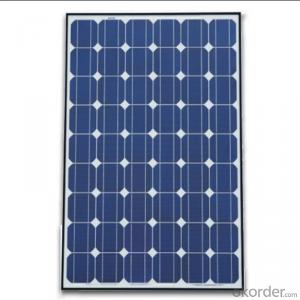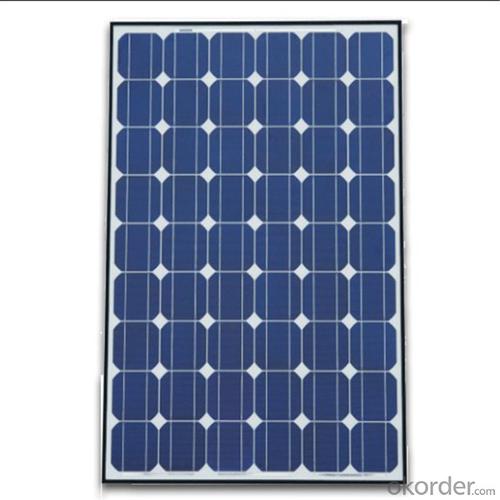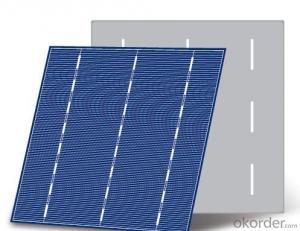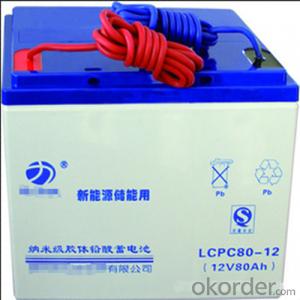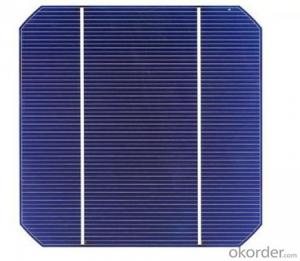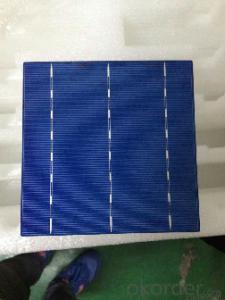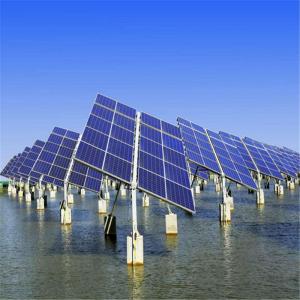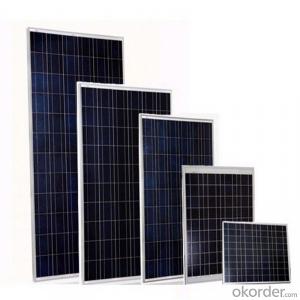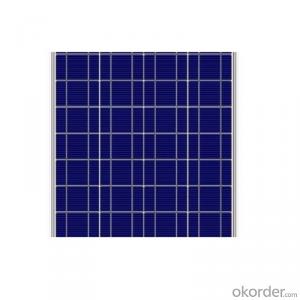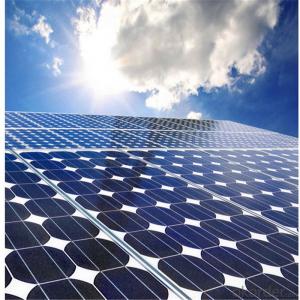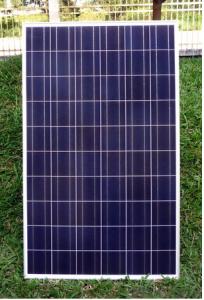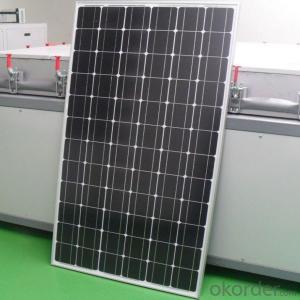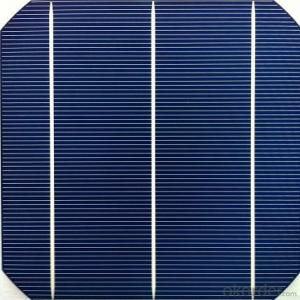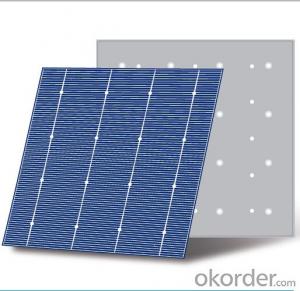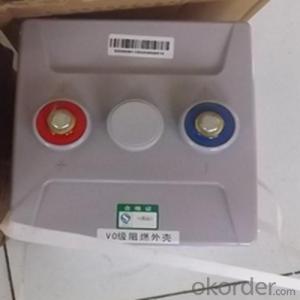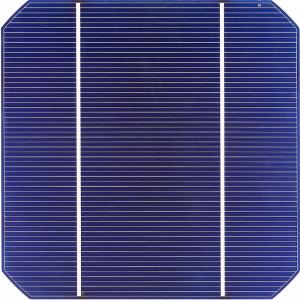220 Watt Mono Si Solar Cells Photovoltaic Poly Solar Panel
- Loading Port:
- China main port
- Payment Terms:
- TT OR LC
- Min Order Qty:
- 1000 watt
- Supply Capability:
- 500000 watt/month
OKorder Service Pledge
OKorder Financial Service
You Might Also Like
Specification
Instruction
Quality and Safety
1. Rigorous quality control meets the highest international standards.
2. High-transmissivity low-iron tempered glass, strong aluminium frame.
3. Using UV-resistant silicon.
4. IS09001/14001/CE/TUV/UL
5.3w-300w mono & poly solar panel supply
Warranties
1. 10 years limited product warranty
2. 15 years at 90% of the minimal rated power output
3. 25 years at 80% of the minimal rated power output
Feature
1. High efficiency and High power.
2. Long-term electrical stability.
3. Lowest price and Fastest delivery.
4. Good quality and good service.
5.Bulk supply
6. Good Warranty
7.Big Sale
8.High quality
9.More than 35 years on the lifetime.
10 DHL/Fedex/UPS/TNT/EMS etc
Images
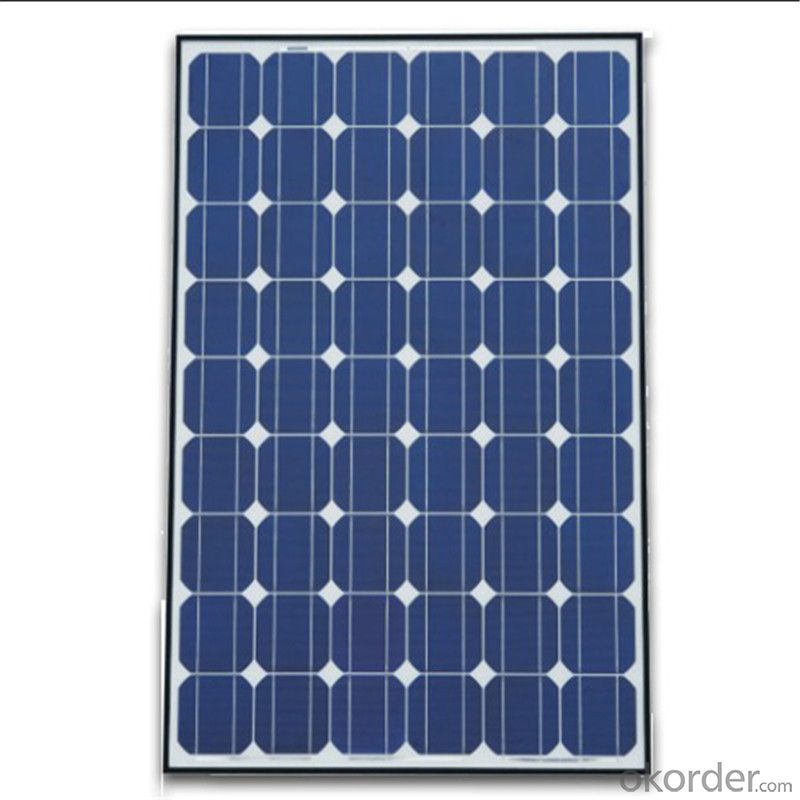
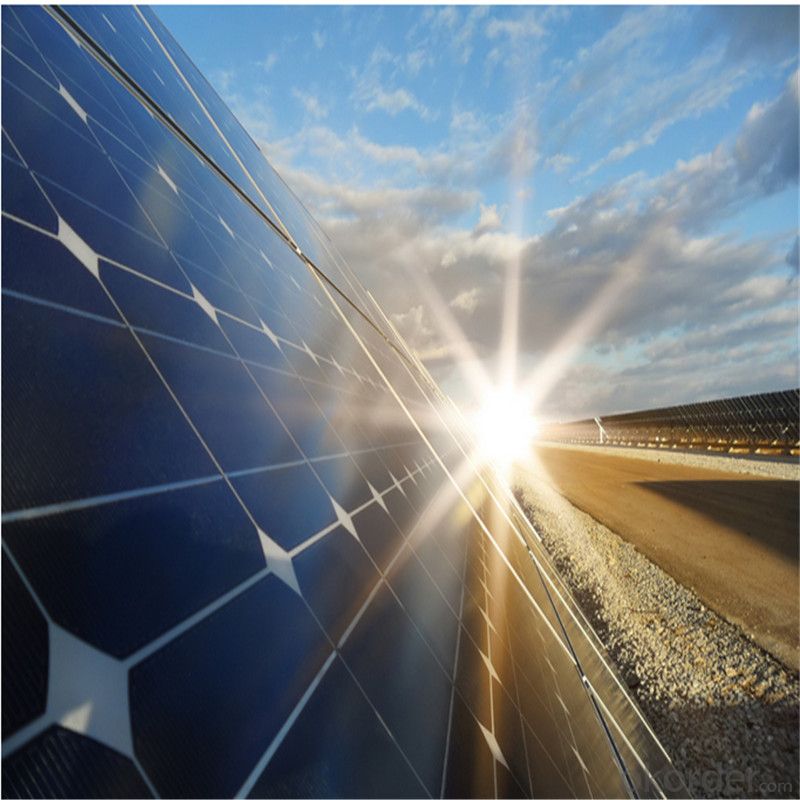
Specification
Model | SIM-100 |
Maximum Power at ST(Pmax)W | 100Wp |
Maximum Power Voltage(Vmp)V | 18.0V |
Maximum Power Current(Imp)A | 5.56A |
Open Circuit Voltage(Voc)V | 22.0V |
Short Circuit Current(Isc)A | 5.9A |
Cell Efficiency(%) | 17.0% |
Module Efficiency(%) | 15.37% |
Operating Temperature°C | -40°C to 85°C |
Maximum system voltage | 1000V(IEC)DC |
Power tolerance | -0.03 |
Temperature coefficients of Pmax | -0.45%/°C |
Temperature coefficients of Voc | -0.27%/°C |
Temperature coefficients of Isc | 0.05%/°C |
Weight(kg) | 7.4 |
Number of cell(pcs) | 4*9 |
FAQ
We have organized several common questions for our clients,may help you sincerely:
1). What’s price per watt?
A: It’s depends on the quantity, delivery date and payment terms of the order. We can talk further about the detail price issue. Our products is high quality with lower price level.
2). Can you tell me the parameter of your solar panels?
We have different series of cells with different power output, both from c-si to a-si. Please take our specification sheet for your reference.
3). How do you pack your products?
We have rich experience on how to pack the panels to make sure the safety on shipment when it arrives at the destination.
4). How long can we receive the product after purchase?
In the purchase of product within three working days, We will arrange the factory delivery as soon as possible. The perfect time of receiving is related to the state and position of customers. Commonly 7 to 10 working days can be served.
- Q: What is the most common type of solar cell?
- The most common type of solar cell is the crystalline silicon solar cell.
- Q: Are there any subsidies or incentives for installing solar cells?
- Yes, there are subsidies and incentives available for installing solar cells. Many governments and local authorities offer financial incentives such as tax credits, grants, and rebates to encourage the adoption of solar energy. Additionally, some utility companies provide feed-in tariffs or net metering programs, which allow solar system owners to sell excess electricity back to the grid or receive credits on their energy bills. These subsidies and incentives aim to make solar installations more affordable and promote the transition to clean and renewable energy sources.
- Q: Is silicon-based solar cells and silicon-based thin-film solar cells the same?
- Silicon-based solar cells include silicon-based thin-film solar cells, including monocrystalline silicon solar cells and polycrystalline silicon solar cells. Silicon-based thin-film solar cells can only be in the form of thin-film silicon-based solar cells.
- Q: How do solar cells perform in areas with high winds?
- Solar cells can generally perform well in areas with high winds, as they are designed to withstand various weather conditions. However, excessive wind speeds can potentially cause damage to the solar panels or the mounting structures, leading to reduced efficiency or even complete failure. Therefore, it is important to ensure that the solar panels are securely installed and that the mounting systems are designed to withstand the specific wind speeds of the area.
- Q: Can solar cells be used to power electric fences?
- Yes, solar cells can be used to power electric fences. Solar cells convert sunlight into electricity, which can then be used to charge a battery. This stored energy can be used to power the electric fence, making it an eco-friendly and cost-effective solution.
- Q: Can solar cells be used in water purification systems?
- Yes, solar cells can be used in water purification systems. Solar cells can generate electricity from sunlight, which can be used to power various components of water purification systems, such as pumps, filters, and disinfection devices. This allows for sustainable and environmentally-friendly water purification solutions, especially in areas with limited access to electricity grids.
- Q: What materials are commonly used to make solar cells?
- Silicon is the most commonly used material for making solar cells. Other materials, such as cadmium telluride, copper indium gallium selenide, and perovskite, are also used in certain types of solar cells.
- Q: How do solar cells perform in high humidity environments?
- Solar cells typically perform well in high humidity environments. However, excessive moisture or prolonged exposure to water can lead to a decrease in their efficiency. It is important to ensure proper waterproofing and maintenance of the solar panels to prevent any potential damage caused by moisture.
- Q: How does the solar cell work properly?
- The most important step is the photons in sunlight hit the solar panel and can be absorbed by semiconducting materials.
- Q: Can solar cells be used for powering agricultural equipment?
- Yes, solar cells can be used for powering agricultural equipment. Solar energy can be harnessed through photovoltaic (PV) panels and used to power various agricultural machinery and equipment such as pumps, irrigation systems, electric fences, and machinery used for crop processing. This provides a sustainable and environmentally friendly alternative to traditional fuel-based power sources, reducing operating costs and minimizing carbon emissions in the agricultural sector.
Send your message to us
220 Watt Mono Si Solar Cells Photovoltaic Poly Solar Panel
- Loading Port:
- China main port
- Payment Terms:
- TT OR LC
- Min Order Qty:
- 1000 watt
- Supply Capability:
- 500000 watt/month
OKorder Service Pledge
OKorder Financial Service
Similar products
Hot products
Hot Searches
Related keywords
